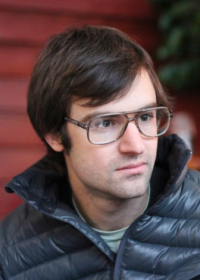Hi All,
The BWH Precision Medicine Program and the BWH Department of Pathology (Division of Computational Pathology) are excited to announce the Junior Investigators Advanced Biomedical Computation (ABC) Series.
This is an opportunity for junior computational scientists with applications in all areas of biomedical science to give informal presentations of their work using chalk talks or PPT. The goal is to educate the community on advanced computational approaches in biomedical sciences, and to engage the audience in a conversation about the challenges faced in real-world projects and exchange ideas on possible solutions with a friendly audience.
Please see below the ABC Series line up for the next few months and do not hesitate to let us know if you have any question.
Kind regards,
Georg and Claudia



